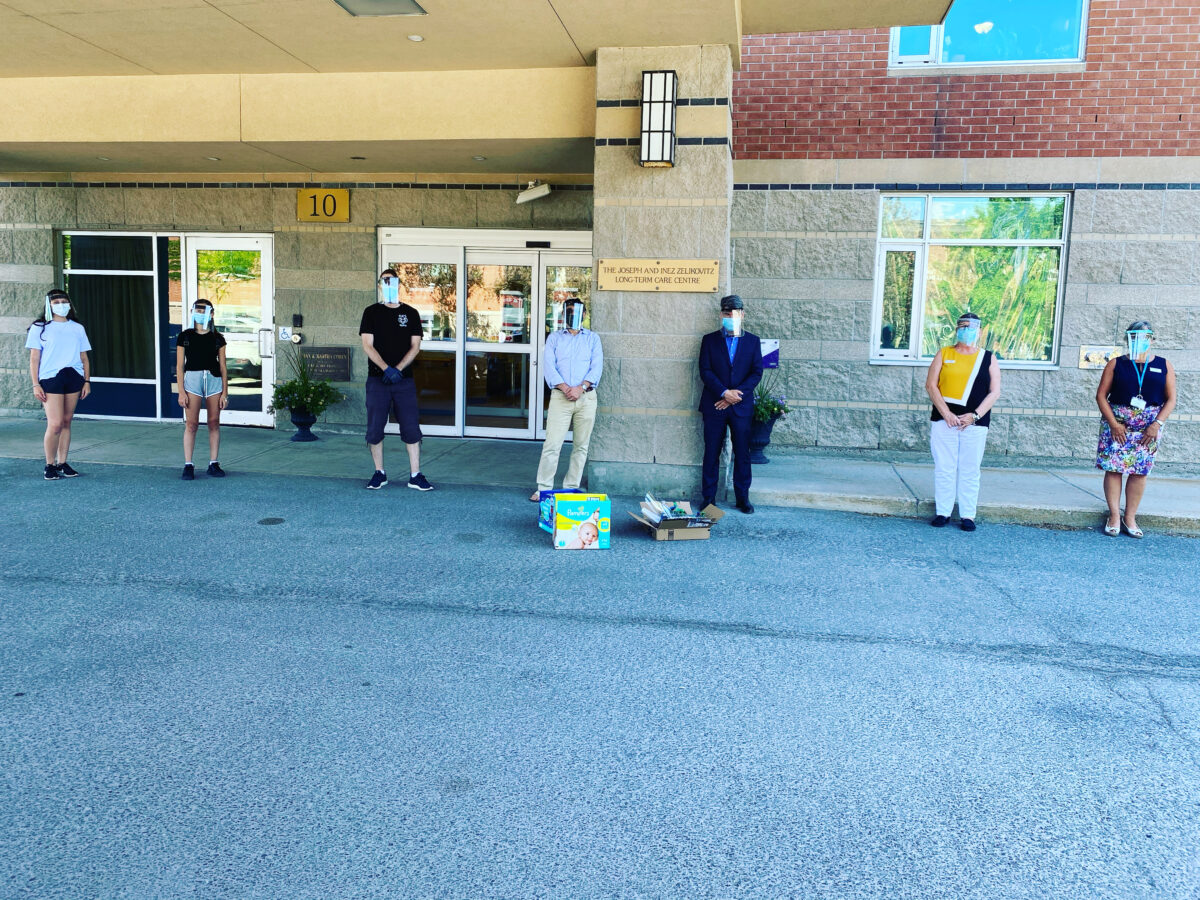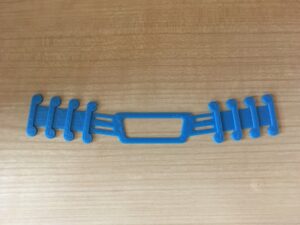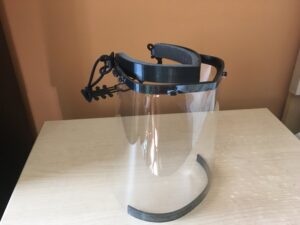If it was weird a couple of weeks back to note that Purim was the last holiday that we celebrated before COVID, it is equally as weird (and a bit depressing) to note that Passover will be the first holiday we are preparing to celebrate a second time during COVID. I am surely not the only one who made a gallows humor joke at the end of last year’s seders around “L’shanah ha’ba-ah…” and where I assumed I would be spending next year’s seders. Little did I know that I would be spending it in exactly the same place…in my house, with my immediate family and a Zoom.
Each year, I issue one or two blog posts in service of helping people take the process of planning for seder more seriously. Why? Because I believe (know) that like anything else, good planning leads to good outcomes. As I noted last year,
During this year’s Pandemic Passover, when each family is likely looking at an intimate family experience, whatever kind of seder is going to happen, is going to happen because of you.
No pressure! I got you.
One thing that I noticed when reviewing last year’s post is that I kinda forgot that if anyone were to be truly be inspired and wish to adequately prepare, that it would be helpful to give them enough time to actually do it! I typically post too close to Passover itself to allow anyone to put any of these ideas into practice. So, this year, I am going combine my Passover posts into one (long) helpful guide and I am going to push it out with a little more lead time.
So if this is your year to lead – whether it is something you do annually or if you are being pressed into service for the first or second time – let’s see what we can do. Even if you have a Zoom guestlist, the seder is still a wonderful opportunity for families to spend time doing something they still might not otherwise do—talk with one another! The seder was originally designed to be an interactive, thought-provoking, and enjoyable talk-feast of an experience, so let’s see how we might increase the odds for making that true, even during Pandemic Passover 2.0.
Revised top ten suggestions on how to make this year’s seder a more positive and meaningful experience:
1. Tell the Story of the Exodus
The core mitzvah of Passover is telling the story. Until the 9th century, there was no clear way of telling the story. In fact, there was tremendous fluidity in how the story was told. The printing press temporarily put an end to all creativity of how the story was told. But we need not limit ourselves to the words printed in the Haggadah. [This may be especially true if you have not been hosting Passover and don’t actually have haggadot. Mine are with my Mom – so, we are dusting off some vintage ones this year. If you Google “online haggadot” you will find lots of options.] This could be done by means of a skit, game, or informally going around the table and sharing each person’s version of the story.
If there are older members at the table, this might be a good time to hear their “story,” and perhaps their “exodus” from whichever land they may have come. If your older members are not able to be with you this year, you might wish to consider asking them write or record their stories, which you could incorporate into your seder (depending on your level of observance). There will surely be lots of families who will be using technology to expand their seder tables to include virtual friends and families – this year’s timing with Shabbat makes it harder for those who might normally try to sneak some of this in before candle-lighting.
2. Sing Songs
If your family enjoys singing, the seder is a fantastic time to break out those vocal cords! In addition to the traditional array of Haggadah melodies, new English songs are written each year, often to the tunes of familiar melodies. Or just spend some time on YouTube! Alternatively, for the creative and adventurous souls, consider writing your own!
3. Multiple Haggadot
For most families, I would recommend choosing one haggadah to use at the table. This is helpful in maintaining consistency and ensuring that everyone is “on the same page.” Nevertheless, it is also nice to have extra haggadot available for different commentaries and fresh interpretations. Of course, this year, you may again be getting by with whatever you can find around the house or what you can get from Amazon Prime! But don’t let that inhibit you from moving forward – the core elements are essentially the same from one to the other. Let the differences be opportunities for insight not frustration.
4. Karpas of Substance
One solution to the “when are we going to eat” dilemma, is to have a “karpas of substance.” The karpas (green vegetable) is served towards the beginning of the seder, and in most homes is found in the form of celery or parsley. In truth, karpas can be eaten over any vegetable over which we say the blessing, “borei pri ha’adamah,” which praises God for “creating the fruit from the ground.” Therefore, it is often helpful to serve something more substantial to hold your guests over until the meal begins. Some suggestions for this are: potatoes, salad, and artichokes.
In a year when Passover comes right out of Shabbat and candle-lighting times are late or children’s patience runs short or you are trying to accommodate varying time zones, you should try to eat your gefilte fish before the seder.
5. Assign Parts in Advance
In order to encourage participation in your seder, you may want to consider giving your partner and children a little homework. Ask them to bring something creative to discuss, sing, or read at the table. This could be the year you go all in and come in costume – dress like an ancient Israelite or your favorite plague – your kids can’t worry about being embarrassed in front of their friends this year!
6. Know Your Audience
This one seems kinda obvious this year…if you don’t your family by now, I can’t really help you by Passover.
7. Fun Activities
Everyone wants to have a good time at the seder. Each year, try something a little different to add some spice to the evening. Consider creating a Passover game such Pesach Family Feud, Jewpardy, or Who Wants to be an Egyptian Millionaire?! (Again, depending on your observance level, you could also incorporate apps like Kahoot into your experience.) Go around the table and ask fun questions with serious or silly answers.
8. Questions for Discussion
Depending on the ages of your children, this one may be hard to calibrate, but because so often we are catering to the youngest at the table, it is easy to forget that an adult seder ought to raise questions that are pertinent to the themes found in the haggadah. For example, when we read “ha lachma anya—this is the bread of affliction,” why do we say that “now we are slaves?” To what aspects of our current lives are we enslaved? How can we become free? What does it mean/what are the implications of being enslaved in today’s society? How has the experience of being “locked down” during COVID and/or our impending “freedom” from COVID impacted our sense of things?
We read in the haggadah, “in each generation, one is required to see to onself as if s/he was personally redeemed from Egypt.” Why should this be the case? How do we go about doing that? If we really had such an experience, how would that affect our relationship with God?
Jon’s “Fifth Questions” for Passover 5781
Head of the Ottawa Jewish Day School: Why is this conversation about OJCS different than all other ones?
Jewish Day School Practitioner: How will I take the things that were positive, successful, innovative, relationship-building, personalizing, differentiated, globally-connected, quiet/introvert-amplifying and meaningful about working in a hyflex learning program and incorporate them into schooling when we fully return to in-person learning?
Israel Advocate: How can I be inspired by the words, “Next Year in Jerusalem,” to inspire engagement with Israel as we hopefully prepare for things to start to open up a bit?
American Expatriate in Canada: What can I learn from how my current home is approaching COVID-19 that would be of value to colleagues, family and friends in the States? What can I learn from how my former home is approaching COVID-19 that would be of value to colleagues, family and friends in Canada?
Parent: How will my parenting be informed with what I have learned during all these months of intense family time? What new routines will I try to incorporate into my parenting when things go back to normal?
What are some of your “Fifth Questions” this year?
9. Share Family Traditions
Part of the beauty of Passover, is the number of fascinating traditions from around the world. This year, in particular, is a great opportunity to begin a new tradition for your family. One family I know likes to go around the table and ask everyone to participate in filling the cup of Elijah. As each person pours from his/her cup into Elijah’s, s/he offers a wish/prayer for the upcoming year. What are you going try this year?
10. Preparation
The more thought and preparation given to the seder, the more successful the seder will be. That may feel challenging or overwhelming this year, but however much time and attention you can put into your planning, you won’t regret it. If you are an OJCS (or Jewish day school family), lean on your children – you paid all this money for a high-quality Jewish education, put them to work! Most importantly, don’t forget to have fun.
Wishing you and your family an early chag kasher v’sameach…




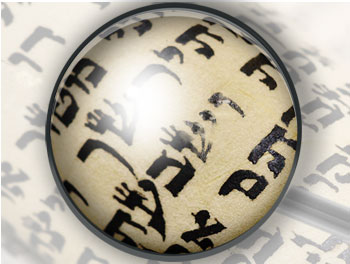
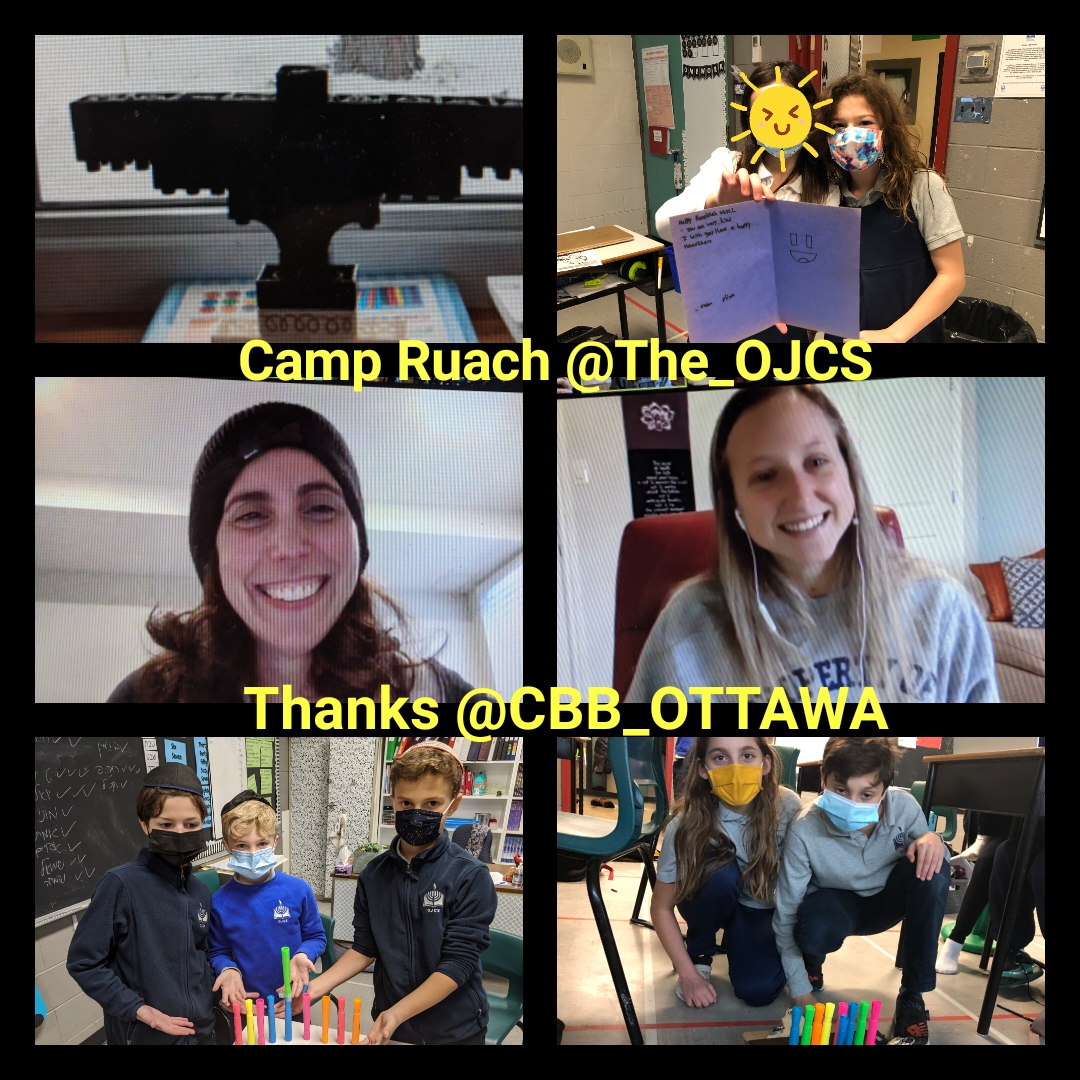






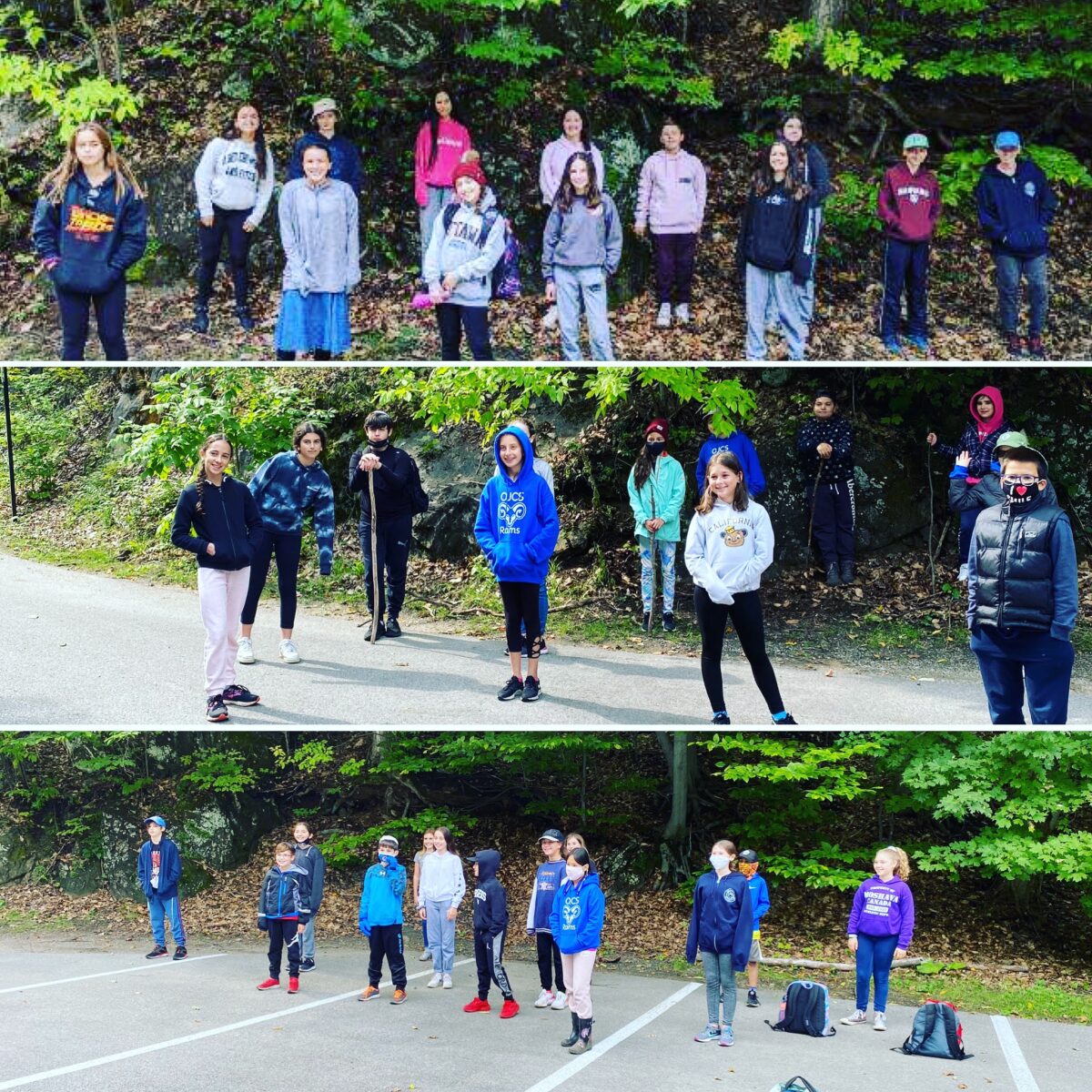

 that this is the year we’ve been waiting for. To all the teachers, staff, parents, students, donors, supporters, and friends in this special school- thank you for your enthusiasm and your hard work. Let’s make sure that 5781 is not only an amazing year, but a safe one at that.
that this is the year we’ve been waiting for. To all the teachers, staff, parents, students, donors, supporters, and friends in this special school- thank you for your enthusiasm and your hard work. Let’s make sure that 5781 is not only an amazing year, but a safe one at that.